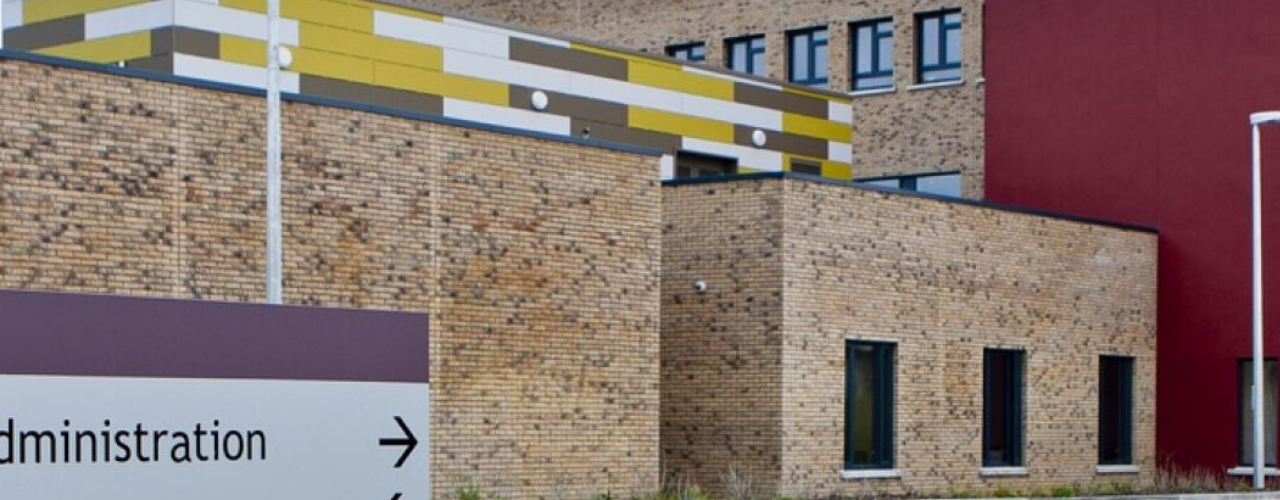
The Jesuit Centre for Faith and Justice has made a submission to the Youth Justice Strategy 2020-2026 as part of the public consultation phase for the development of the document. We hope to contribute to the development of a fair and effective youth justice system which responds appropriately to children and young people who find themselves in contact with the criminal justice system.
For many years, the Centre has advocated for penal policy reform, focussing on a wide range of issues including juvenile crime and the treatment of young adults in prison, overcrowding, women in prison, prison healthcare, rehabilitation and the impact of imprisonment on families.
The JCFJ submission offered four actions for inclusion in the final version of the strategy:
1. Explore a Justice Reinvestment model to shift funding from detention to community investment to reduce the unacceptably high proportion of Traveller children in detention.
The ‘justice reinvestment’ model has been piloted and developed in Australia with Indigenous communities. The favoured model is based on the idea of re-directing money from youth detention facilities and adult prisons to the communities that feed directly into these prisons. Prior to implementation, analysis needs to be undertaken of the places where children receiving custodial sentences come from, so then to redirect funds back into these communities which will typically be coping with severe material disadvantage. This will be a first step in reducing the number of Traveller children under sentence or on remand.
2. Production of clear guidelines on usage of Bail Supervision Scheme so it does not become the default option to replace bail in the community.
The Jesuit Centre for Faith and Justice is supportive of any scheme which permits children and young people to remain in the community and avoid a remand sentence. However, it is important to think through youth justice interventions particularly when they have a non-carceral and therapeutic framing. When additional options are presented to judges between either granting bail or imposing a remand sentence until trial, the tendency will be for judges to deviate to the middle option, something which may be understood as a “bail plus” option, maybe lacking the severity of a remand sentence.
At a stage when the child has not yet been found guilty of any charge, the least intrusive option of granting bail may be unintentionally removed from the table of pre-trial options. Future usage of the BSS prior to trial may unintentionally increase the surveillance on children and young people to a level more indicative of a custodial sentence than a therapeutic intervention.
3. Addition of a review mechanism for Youth Justice Strategy 2020-2026 after two years.
As the policy sphere of Youth Justice has a dual department responsibility and oversight from both the DJE and the DCYA, it was anticipated that certain aims of the National Policy Framework for Child and Young Adults 2014 -2020 would be more visible in the draft Youth Justice Strategy 2020-2026. Considering how prevalent poverty has been in the lives of the majority of children in contact with the criminal justice system, the aims of the National Policy Framework in relation to economic security and opportunity, and the influence and priorities of the DCYA, must have a more prominent place within the finalised strategy. It is important to add a review mechanism after two years so the Youth Justice Strategy is a living document.
4. Commission a sociological profile of children and young people who come into contact with the youth justice system
We recommend that research should be commissioned to build a sociological profile of those children who come into contact with the youth justice system. It is no longer sufficient to focus on a deficit-based individualised model with the introduction of individualised interventions, the wider interplay of poverty, community under-investment and marginalisation must be understood to positively effect youth offending.
Secure meaningful employment opportunities and safe housing are central to reducing recidivism and allow young people to transition from chaotic periods. It is vitally important that children who have offended, or been committed under sentence to OCDC, can have hope that they will be able to find employment in the future. This is even more important now in light of Covid-19 as youth unemployment has soared again in Ireland to levels previously experienced during the 2008 recession. Housing support is a priority area for those young people transitioning from custody at the end of sentences.

